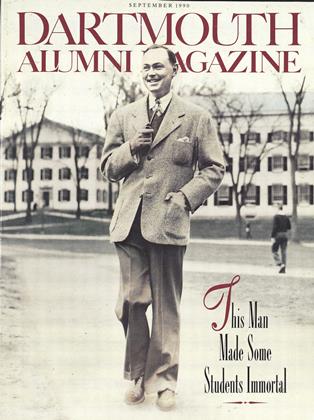• Toni Morrison, Beloved (Alfred A. Knopf, 1987). In this novel about an escaped slave, Morrison offers a strong and disturbing voice with which a mother articulates love for a child. In mother-daughter conversations which, like Demeter and Persephone's, are conversations from beyond the grave—Morrison affirms the power and value of the mother's perspective.
• Adrienne Rich, Of Woman Born: Motherhood as Experience and Institution (Norton, 1976). Rich's work of nonfiction draws on literature, psychology, anthropology, myth, history, and autobiography to present motherhood as an institution in patriarchy a female experience shaped by male expectations and structures.
• Tillie Olsen, ed., Mother to Daughter, Daughter to Mother: A Daybook and Reader (The Feminist Press, 1984). Stories, poems, and excerpts by writers from various cultures and historical periods highlight aspects of mother-daughter relationships: anger, healing, love, anguish, visions, dreams.
• Madame de Lafayette, The Princess de Cleves (Penguin, 1989). The first French novel, dating from the seventeenth century and traditionally read as a love triangle, The Princess is a wonderful psychological study of a young woman's conflict between her passion for a handsome duke and her mother's deathbed injunction to remain pure and independent.
• Colette, My Mother's House and Sido (Farrar, Straus & Giroux, 1953) and Break of Day (Farrar, Straus & Giroux, 1961). Colette's portraits of her mother make Sido the most striking maternal presence in women's literature, and their relationship the most subtle and loving.
• Marianne Hirsch, The Mother/ Daughter Plot: Narrative, Psychoanalysis, Feminism. (University of Indiana Press, 1989). This critical study traces mother-daughter plots in nineteenthand twentieth-century novels by European and North American women writers against psychoanalytic theories of female identity.
 View Full Issue
View Full Issue
More From This Issue
-
 Feature
FeatureThe Real Story Behind the Lower Forty Shooting, Angling and Inside Straight Club
September 1990 By Robert Sullivan '75 -
 Feature
FeatureSeidman's Early Withdrawal
September 1990 By Susan Dentzer '77 -
 Feature
FeaturePROBLEM SOLVER
September 1990 By John Aronsohn '90 -
 Feature
FeatureMaking Contact
September 1990 By Kathy Maddock '87 -
 Article
ArticleMOTHERS AND DAUGHTERS
September 1990 By Professor Marianne Hirsch -
 Article
ArticleDR. WHEELOCK'S JOURNAL
September 1990







